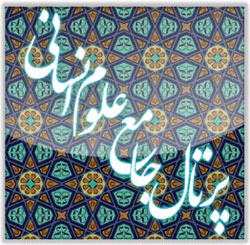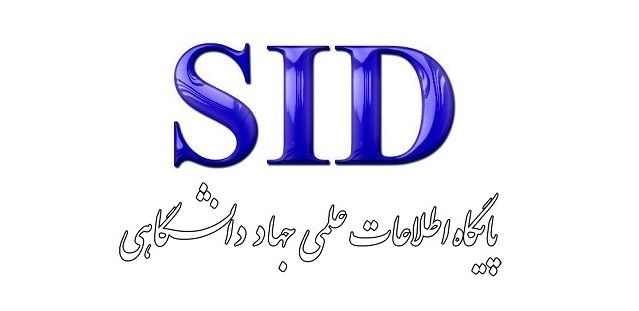Genealogy of the Concept of 'Independence' in Contemporary Iranian Political Discourses
Keywords:
Independence, Political Discourse, Genealogy, Islamic Republic, Foucauldian Analysis, Political Legitimacy, History of ConceptsAbstract
The concept of "independence" is a foundational notion in contemporary Iranian political discourse, one that has undergone significant semantic, ideological, and discursive transformations from the Constitutional Revolution to the Islamic Republic. This article, grounded in Michel Foucault’s genealogical approach and employing a power/knowledge discourse analysis framework, explores the historical-political evolution of the meaning of independence in Iran. The findings reveal that independence, in the discourse of the Constitutionalists, was framed as a reaction against domestic tyranny and foreign domination; during the nationalist movement of the 1950s, it was represented as economic sovereignty and nationalization of resources; and in the discourse of the 1979 Revolution, it was elevated to an ideological and structural principle. In the Islamic Republic, independence became institutionalized as one of the core pillars of the political system, reflected in the Constitution, official rhetoric, and cultural and foreign policy strategies. In recent decades, reformist and moderate discourses have sought to redefine independence in terms of international engagement, sustainable development, and diplomatic rationality. This article argues that independence has never been a static or universally fixed notion, but rather a site of semantic struggle among competing discourses. Analyzing this concept offers new insights into the relationship between power, meaning, identity, and political legitimacy in modern Iranian politics.
Downloads
References
Abrahamian, E. (2008). A History of Modern Iran. Cambridge University Press.
Ansari, A. (2006). Confronting Iran: The Failure of American Foreign Policy and the Next Great Crisis in the Middle East. Basic Books.
Bashiriyeh, H. (2011). The State and Revolution in Iran: The Islamic Revolutionary Guard Corps, Its Origins and Evolution. Routledge.
Dabashi, H. (2007). Iran: A People Interrupted. The New Press.
Ehteshami, A. (2002). Globalization and Geopolitics in the Middle East: Old Games, New Rules. Routledge.
Foucault, M. (1980). Power/Knowledge: Selected Interviews and Other Writings, 1972–1977. Pantheon Books.
Gheissari, A., & Nasr, V. (2006). Democracy in Iran: History and the Quest for Liberty. Oxford University Press.
Held, D., & McGrew, A. (2007). Globalization/Anti-Globalization: Beyond the Great Divide (2nd ed.). Polity Press.
Khatami, M. (1998). Islam, Liberty and Development. Tehran: Nashr-e Ney.
Milani, M. (2008). Eminent Persians: The Men and Women Who Made Modern Iran, 1941–1979. Syracuse University Press.
Rouhani, H. (2013). National Security and Nuclear Diplomacy. Center for Strategic Research.
Schirazi, A. (1997). The Constitution of Iran: Politics and the State in the Islamic Republic. I.B. Tauris.
Vakil, S. (2015). Women and Politics in the Islamic Republic of Iran: Action and Reaction. Continuum.









